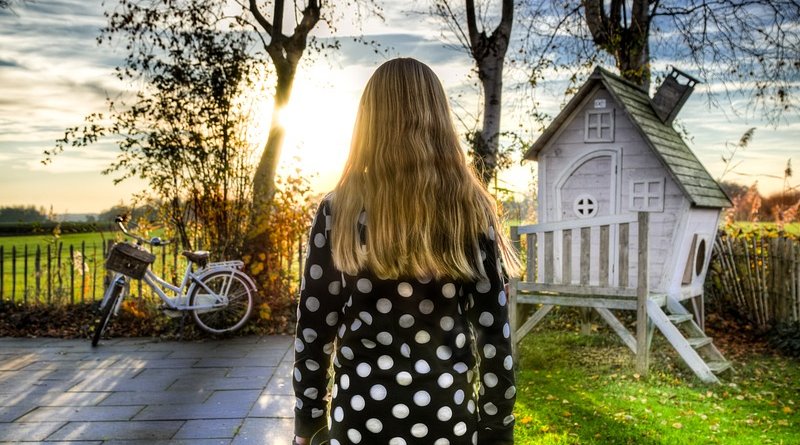If You Keep Your Children Close To Nature, They will Fight For It – OpEd
Screens. Monitors. Those are what children face everyday. They simulate life on videos but do not live it. Each day, they are alienating themselves from nature. Can they protect themselves? Or worse, can they fight to survive?
By the end of the century, the world will be 6 degrees C warmer. That is if we consider the decarbonization from present efforts to mitigate global warming. If the efforts fail, the world will be 10 degrees C warmer. And no amount of prayer or litany of incantations can change that.
With the way the young are spending time indoors, eyes transfixed on computers’ temptations, they are ill-equipped to protect the natural world from harm.
The environmental crisis now is that children are being moved away from the natural world. The young people, expected to lead in the defense of nature, are being deprived of the golden opportunity.
Each year, not more but lesser children are being involved with nurturing nature. Most go to environmental activities because ordered so by teachers. I have talked to many who come to my tree-planting activities. They find the magic of the internet less strenuous than pushing a shovel to the ground. If so, then we must double our efforts educating them. But many parents have not been too keen in doing their part. There is a collapse of parental guidance on the value of the outside world. There is no substitute for what takes place outdoors; not least because the greatest joys of nature are unscripted.
The downfall of children’s engagement with nature – is parallel to the pace the natural world is dying. My grandson Seth, now seven, since just two and a half years old, was being brought up with tablet and camera videos spending less time in my lizard-strewn and spider-lazed garden, much to my chagrin, of course.
.
Parents have forgotten that playing among trees and grass is associated with a marked reduction in indications of certain children’s diseases, while playing indoors or on tarmac appears to increase them. The disorders, doctors explain, “may be a set of symptoms aggravated by lack of exposure to nature”. One essay about ecology and childhood even suggested contact with nature stimulates creativity.
Several researches show hat children’s games are more creative in green places than in concrete playgrounds. Findings indicate that natural spaces encourage fantasy and role-play, reasoning and observation.
When we fail to connect our children to their natural world, we are letting children suffer a great loss..as well as the environment. Because those I know who fight for nature are people who spent their childhoods immersed in it. I can make myself an example to this. Without a feel for the texture and function of the natural world, without an intensity of engagement almost impossible in the absence of early experience, people will not devote their lives to its protection.
Many people are quick to speak against environmental decay. But very few are willing to act on it. Let us not let our children suffer that fate. Let’s keep them close to nature. So that, they will fight for it.

